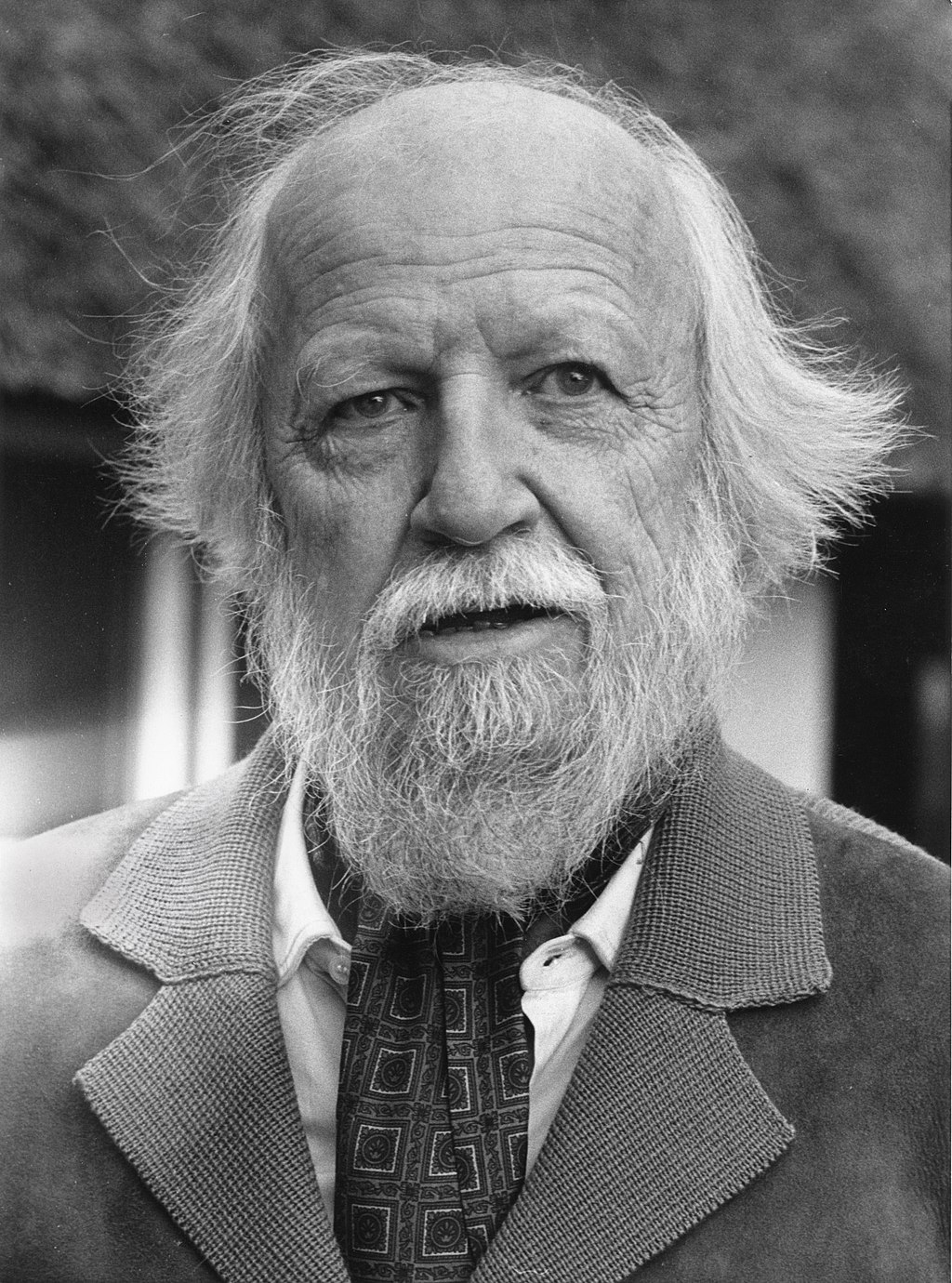
 Lord of the Flies tells the story of a group of English schoolboys marooned on a tropical island after their plane is shot down during a war. Though the novel is fictional, its exploration of the idea of human evil is at least partly based on Golding’s experience with the real-life violence and brutality of World War II. Free from the rules and structures of civilization and society, the boys on the island in Lord of the Flies descend into savagery. As the boys splinter into factions, some behave peacefully and work together to maintain order and achieve common goals, while others rebel and seek only anarchy and violence. In his portrayal of the small world of the island, Golding paints a broader portrait of the fundamental human struggle between the civilizing instinct—the impulse to obey rules, behave morally, and act lawfully—and the savage instinct—the impulse to seek brute power over others, act selfishly, scorn moral rules, and indulge in violence.
Lord of the Flies tells the story of a group of English schoolboys marooned on a tropical island after their plane is shot down during a war. Though the novel is fictional, its exploration of the idea of human evil is at least partly based on Golding’s experience with the real-life violence and brutality of World War II. Free from the rules and structures of civilization and society, the boys on the island in Lord of the Flies descend into savagery. As the boys splinter into factions, some behave peacefully and work together to maintain order and achieve common goals, while others rebel and seek only anarchy and violence. In his portrayal of the small world of the island, Golding paints a broader portrait of the fundamental human struggle between the civilizing instinct—the impulse to obey rules, behave morally, and act lawfully—and the savage instinct—the impulse to seek brute power over others, act selfishly, scorn moral rules, and indulge in violence.
Text from SparkNotes
Image generated using the prompt "lord of the flies" by Hotpot.ai, Panabee, 2023 (https://hotpot.ai/art-generator).
 Golding, William (1911-1993), was an English novelist whose exciting adventure stories deal with the conflict between mind and instinct. His novels are moral fables that reveal how dangerous and destructive human beings may be unless they are restrained by conscience. Golding won the 1983 Nobel Prize in literature.
Golding, William (1911-1993), was an English novelist whose exciting adventure stories deal with the conflict between mind and instinct. His novels are moral fables that reveal how dangerous and destructive human beings may be unless they are restrained by conscience. Golding won the 1983 Nobel Prize in literature.
Golding's most famous book, Lord of the Flies (1954), tells of a group of boys stranded on an island. The boys gradually lose all moral purpose and develop savage ways. They try to save themselves through planning—a renewal of civilized behavior. They divide into hunters (doers) and fire-keepers (thinkers). But the two groups soon begin to fight. The story implies that civilization is merely a covering for people's natural violence.
Golding's novels take place in a variety of settings. The Inheritors (1955) is set in prehistoric times. The Napoleonic era of the early 1800's forms the setting for the sea-adventure trilogy consisting of Rites of Passage (1980), Close Quarters (1987), and Fire Down Below (1989). Rites of Passage won the 1980 Booker Prize, the United Kingdom's highest literary award. Golding's other novels include Pincher Martin (1956), Free Fall (1959), The Spire (1964), The Pyramid (1967), and Darkness Visible (1979). His essays were collected in The Hot Gates (1965).
William Gerald Golding was born on Sept. 19, 1911, in St. Columb Minor, in Cornwall. Queen Elizabeth II knighted him in 1988, and he became known as Sir William Golding. Sir William died on June 19, 1993.
Text from WorldBookOnline
Image by Unknown author - [1] Dutch National Archives, The Hague, Fotocollectie Algemeen Nederlands Persbureau (ANEFO), 1945-1989 Bestanddeelnummer, CC BY-SA 3.0 nl, https://commons.wikimedia.org/w/index.php?curid=20440849